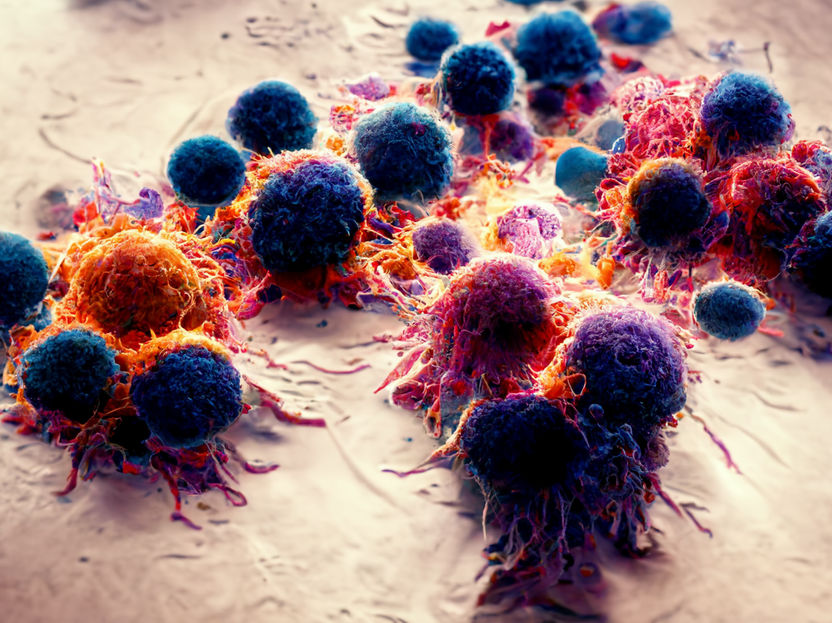Serono reports strong full year 2004 results
Serono reported its full year results for the period ended December 31, 2004. "We had excellent growth in 2004 and made significant investments for our future," said Ernesto Bertarelli, Chief Executive Officer of Serono. "Going forward we have a number of exciting late stage development projects to drive our future growth and we will continue to invest in both internal R&D programs and external collaborations to sustain that growth over the longer-term."
Total revenues increased by 21.8% (+16.1% in local currencies) to $2,458.1m in the full year 2004 (2003: $2,018.6m). Research and Development expenses were $594.8m or 24.2% of total revenues (2003: $467.8m or 23.2% of total revenues) for the full year. The increase in R&D as a percentage of revenues in 2004 results from the commencement of several external R&D collaborations (e.g. ZymoGenetics, Micromet and CancerVax), as well as significant progress made in R&D. Six late stage clinical development programs are currently on-going, involving up to 6,500 patients (five Phase III, one post registration head-to-head study).
Full year 2004 operating income increased by 20.5% to $524.1m or 21.3% of total revenues (2003: $434.9m or 21.5% of total revenues). Reported net income in the full year 2004 was up 26.7% to $494.2m (2003: $390.0m), or 21.7% in local currencies.
Significant steps forward in R&D were made in the last twelve months. Serono now has six late-stage clinical development programs on-going, consisting of five Phase III programs (onercept in psoriasis; interferon-beta in chronic hepatitis C in Asian patients; Serostim® in HIV-associated adipose redistribution syndrome; Canvaxin(TM) in stage III and IV melanoma and Mylinax® in relapsing forms of MS) and one post registration head-to-head study comparing Rebif® with Copaxone® in relapsing remitting MS. In December 2004, Serono announced two significant agreements strengthening its R&D presence in oncology. One collaboration is with CancerVax for the global development and commercialization of Canvaxin(TM), currently in two Phase III trials for respectively stage III and IV melanoma involving over 1,800 patients. The second collaboration is a partnership with Micromet for the global development and commercialization of adecatumumab (MT201). This monoclonal antibody is currently in Phase II trials for the treatment of metastatic breast cancer and prostate cancer.
Topics
Organizations
Other news from the department business & finance

Get the life science industry in your inbox
By submitting this form you agree that LUMITOS AG will send you the newsletter(s) selected above by email. Your data will not be passed on to third parties. Your data will be stored and processed in accordance with our data protection regulations. LUMITOS may contact you by email for the purpose of advertising or market and opinion surveys. You can revoke your consent at any time without giving reasons to LUMITOS AG, Ernst-Augustin-Str. 2, 12489 Berlin, Germany or by e-mail at revoke@lumitos.com with effect for the future. In addition, each email contains a link to unsubscribe from the corresponding newsletter.

























































